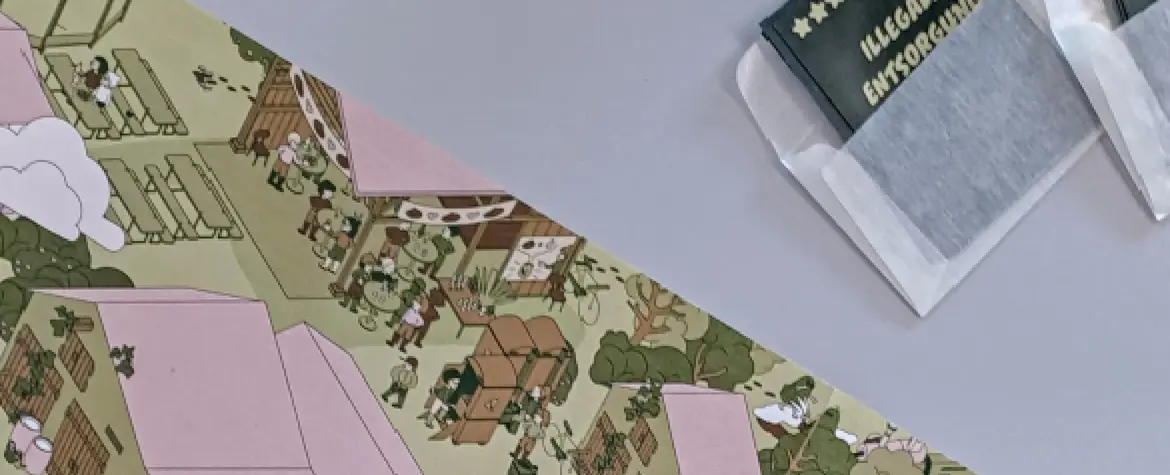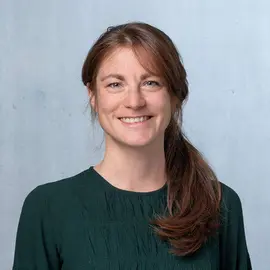CirculAr, let's go! (ZirkuLAr)
Fostering circular economy principles in agriculture. Developing and publishing a haptic serious game with teaching material on the topic of the circular economy at farm and regional level.

Result
A first playtest session took place in classrooms of Plantahof in January 2025.
Description
Swiss agriculture is currently facing challenges such as a high dependency on external inputs and a low resilience of the entire system. The principles of the circular economy can help to utilise the potential of unused or inefficiently used resources and sustainably reduce the ecological footprint of Swiss agriculture. By promoting the closing of local cycles, resources are preserved and the sustainability of farms and regions is strengthened.
With the ‘ZirkuLAr - Alles klar!’ project, we want to anchor these circular economy principles in agricultural training ("EFZ farmer"). To this end, we are developing a haptic serious game and accompanying teaching materials to familiarise learners at Swiss agricultural schools with the topic in a playful and practice-oriented way. Teachers receive comprehensive resources to integrate the content easily and in depth into their curriculum. The development process is participatory: Teachers, experts and learners are involved in workshops and playtest sessions to ensure that the game meets the needs of the target groups and that knowledge transfer is successful.
Our aim is to inspire and empower the next generation of farmers to play an active role in shaping a sustainable agricultural and food system. With ‘ZirkuLAr - Alles klar!’, we promote practical education that unites ecological responsibility and economic resilience.
Key Data
Projectlead
Deputy Projectlead
Project team
Fabienne Buchmann, Nija Böckler (Zürcher Hochschule der Künste ZHdK)
Project partners
Zürcher Hochschule der Künste ZHdK; Leopold Bachmann Stiftung
Project status
ongoing, started 11/2023
Institute/Centre
Institute of Natural Resource Sciences (IUNR)
Funding partner
Leopold Bachmann Stiftung
